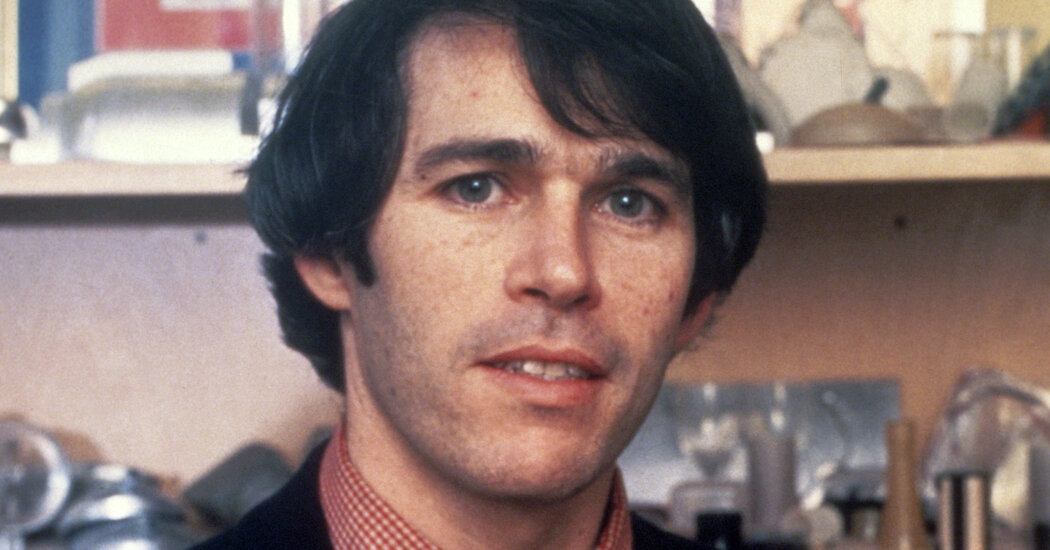16 hours agoShareSaveShareSavePeter Dazeley/ Getty CreativeFrom Sunday, it will be illegal for businesses to sell or supply disposable vapes. The government hopes the ban will reduce environmental damage caused by the devices and help cut the number of children and young people vaping.How are the rules about vapes changing?Disposable vapes banFrom 1 June 2025, businesses will be banned from selling or supplying any single-use vapes, whether that’s in shops or online.Retailers caught breaking the law in England face a minimum £200 fine, with a prison sentence of up to two years for repeat offences. Penalties are broadly similar in Scotland, Wales and Northern Ireland. Trading Standards will be able to seize any single-use vapes they find.Only devices considered to be reusable will be legal. That means that they must have a rechargeable battery, a replaceable coil, and be refillable.It won’t be illegal to own a disposable vape after 1 June. Customers can still return them, and retailers have an obligation to get rid of them.Vaping taxVaping products are already subject to 20% VAT but, unlike tobacco, they do not currently attract a separate additional tax.A new vaping duty will start on 1 October 2026. It will be charged at a flat rate of £2.20 per 10ml vaping liquid.At the same time, tobacco duty will be increased to preserve the financial incentive for cigarette smokers to switch to vaping.Advertising and sponsorship banThe government’s Tobacco and Vapes Bill – which is currently making its way through Parliament – will outlaw vape advertising and sponsorship.It will also restrict the flavours, packaging and display of vapes and other nicotine products. Children have been targeted with colours, branding and flavours such as bubble gum or candy floss, to push a product that can lead to nicotine addiction, the British Medical Association has warned.Illegal vapesThe government is also cracking down on iIlegal vapes, which are widely available and are much more likely to contain other harmful chemicals or drugs.More than six million illegal vaping products were seized by Trading Standards officers across England between 2022 and 2024, according to analysis by the BBC.Why are disposable vapes so bad for the environment?The ban on disposable vapes was introduced to tackle their impact on the environment.Almost five million single-use vapes were thrown away each week in 2023, according to the Department for Environment, Food, and Rural Affairs (Defra).As well as lithium-ion batteries, vapes also contain circuit boards. If these aren’t not disposed of properly, they can leak toxic compounds such as cobalt and copper.That means fish, and marine mammals could mistake vapes for food and ingest poisonous chemicals.The Local Government Association (LGA), also says that single-use vapes are “a hazard for waste and litter collection and cause fires in bin lorries”.However, recycling disposable vapes is not straightforward because of their size and the way they are manufactured, which makes them difficult to take apart.These minerals and the lithium could – if recovered – be reused for green technologies such as electric car batteries or in wind turbines.There is currently no large-scale disposable vape recycling in the UK. There are so many different types of vape on the market that it is difficult to develop a standard recycling process.How many children and adults vape?Around 18% of 11 to 17-year-olds (980,000 children) have tried vaping, according to a 2024 survey by health charity ASH (Action on Smoking and Health).About 7% (390,000 children) said they currently vaped, down from 8% in 2023, but still well above the 4% figure recorded in 2020.In contrast, just over 5% of 11 to 17-year-olds (280,000 children) said they currently smoked, while just under 3% (150,000 children) said they both smoked and vaped.Among all age groups over 16, the use of vapes has risen, with about 5.1 million people using a vape or e-cigarette in 2023. The Office for National Statistics (ONS) says 5.9% of people aged 16 and over vaped every day, up slightly from the previous year, while another 3.9% did so occasionally.The group with the highest rate of vape use – nearly 16% – was 16-24 year-olds.GettyHow harmful are vapes to children and adults? Vaping is nowhere near as harmful as smoking cigarettes, which contain tobacco, tar and a range of other toxic cancer-causing chemicals, and is one of the largest preventable causes of illness and death in the UK.But because vaping may itself cause long-term damage to lungs, hearts and brains, it is only recommended for adult smokers trying to quit as part of the NHS “swap to stop” programme.The vapour inhaled contains a small amount of chemicals, often including the addictive substance nicotine.”Vapes can be an effective way for adult smokers to quit – but we have always been clear that children and adult non-smokers should never vape,” the Department of Health and Social Care has said.More research is needed to fully understand the effects of vaping, but in December 2023, the World Health Organization (WHO) warned “alarming evidence” was growing about the damage it causes.In February 2025, the government said a £62m research project would track 100,000 eight to 18-year-olds for a decade to better understand the risks.
Read more →



